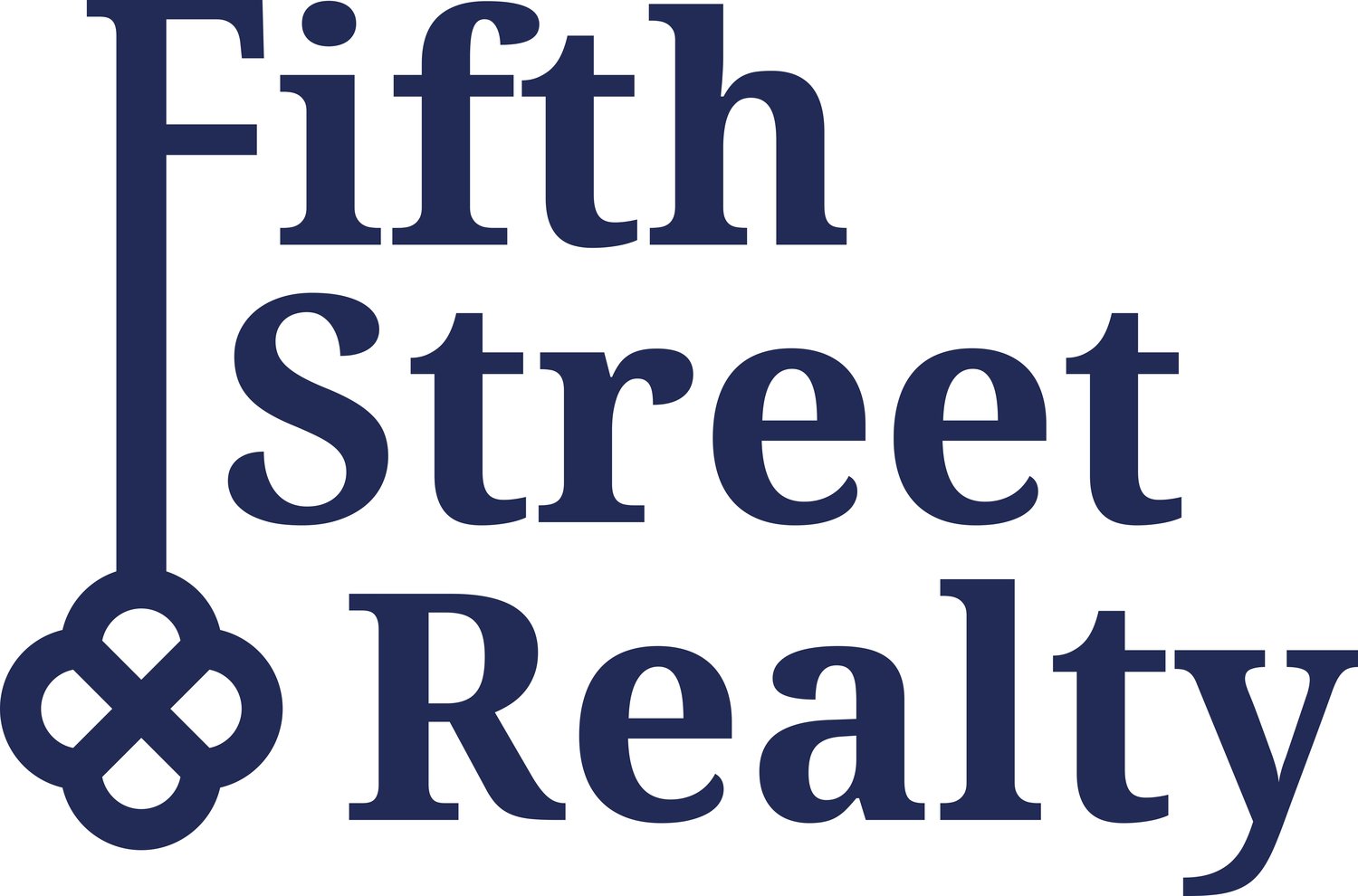Buying a Home? Learn Commonly Used Terms.
/If you’re about buying a home, getting familiar with the terms listed below will help you on your home buying journey.
Appraisal: An appraisal is an unbiased determination of the fair market value of the home by a professionally-trained third party. In a purchase and sale transaction, an appraisal is used to determine whether the home’s contract price is appropriate given the home’s condition, location, and features.
Closing Costs: Closing costs are fees paid at the closing of a real estate transaction. These can include points, taxes, title insurance, financing costs, and items that must be prepaid or escrowed. Your lender will have a list of closing cost items.
Closing Cost Credits: These are generally credits given to a buyer to assist with the expense associated with escrow. These can include credits for title insurance, fees charged by the title company, lender fees, and points on your loan.
Credit Score: A credit score is a three-digit number that relates to how likely an individual is to repay debt based on their credit history. Lenders and financial institutions use your credit score to determine your creditworthiness.
Down Payment: a down payment is a type of payment made in cash during the onset of the purchase of an expensive good or service. Many homebuyers will have a down payment equal to 5 to 25% of the total value of the home, while the lender will issue a loan for the remainder of the balance. There are many government-backed loan programs that require much less than the traditional 20% down payment.
Mortgage Rate: This is the rate of interest charged on a mortgage loan. The mortgage rate is determined by the lender and can either be fixed (staying the same for the term of the loan) or variable (fluctuating with a benchmark interest rate. Your mortgage rate will be heavily influenced by your credit profile.
Pre-approval Letter: This is a commitment from a lender to provide you with home financing up to a certain loan amount. This official document indicates to sellers that you are a serious buyer. It also verifies that you have the financial means to make good on an offer to purchase a home.
Real Estate Professional: a real estate professional works under a managing broker and acts as an intermediary between sellers and buyers or real property. Their mission is to help you find your dream house, negotiate any of the details, and help you through the complex paperwork to close the transaction.

